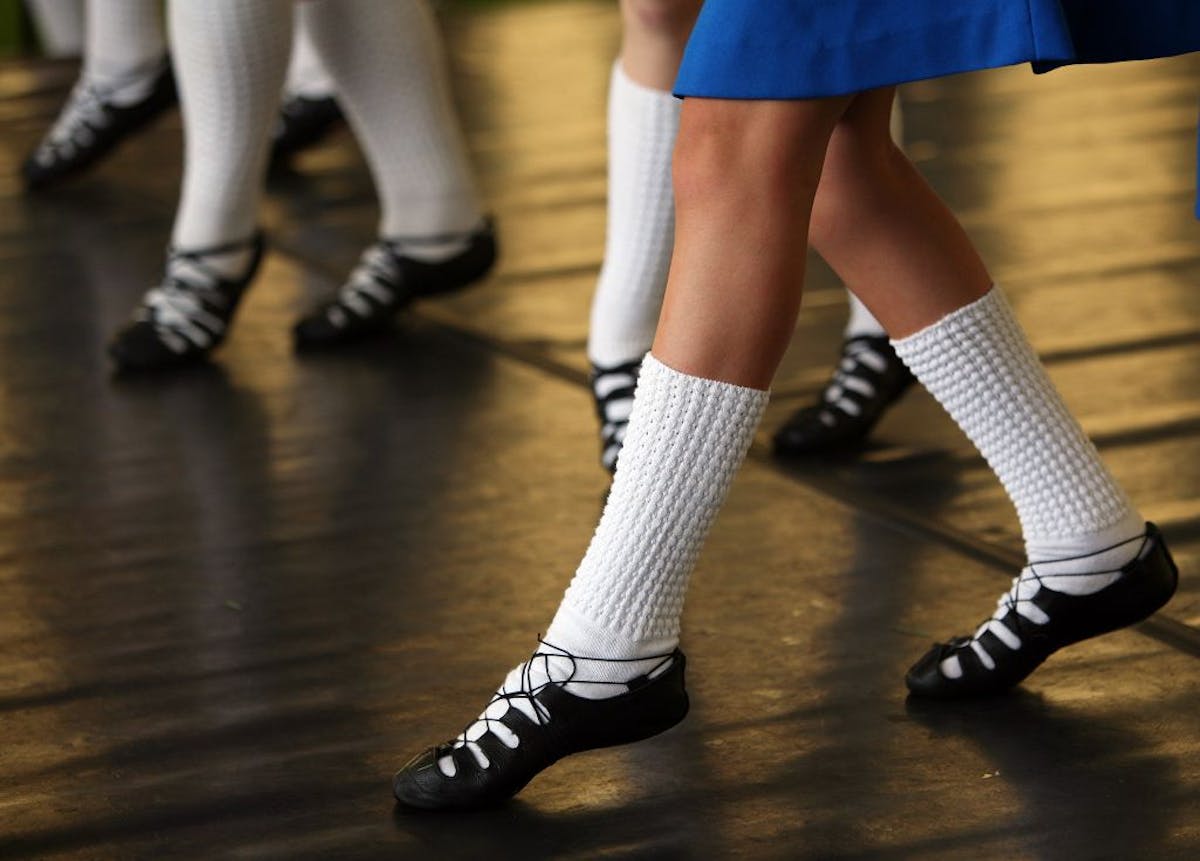Twelve-year-old twins Grace and Sovigne Gardner often finish each other's sentences when talking about some of their favorite activities. The eighth-graders at Cyber Village Academy in St. Paul also study martial arts (both have brown/black belts), take classes at Circus Juventas and love reading and math. They also are serious history buffs.
Last year, as first-time participants in National History Day, co-sponsored by the Minnesota Historical Society and the University of Minnesota, each girl was recognized for her individual exhibit display board. "Reforming Serfdom in Russia" -- Sovigne's project -- took third place in the state competition's Junior Division and was first alternate to the national competition. Grace's project, "The Meiji Restoration: A Political Revolution," not only won second place in Minnesota but went on to win first place in the Junior Division of the National History Day competition last June at the University of Maryland in College Park.
It's likely that most kids their age wouldn't know the first thing about either topic, but neither did the Gardner girls until they started diving into their research. Up to 30,000 middle and high school students across Minnesota work on the projects, which begin in December and result in regional events in March. The top 14 regional winners in each of nine categories advance to the state competition in late spring.
"Competition is by no means the most important aspect of History Day. The ultimate goal is for students to learn how to do primary and secondary source research," said Laura Zeccardi, library program specialist for History Day with the Minnesota Historical Society. "We've done surveys asking students after History Day if they feel more comfortable doing research in a library and more than 70 percent say yes."
Head to the library
While most History Day work takes place in the classroom (more than 200 public and private schools statewide participate and teachers receive project curriculum from History Day planners), "History Day Hullabaloos" -- workshops at libraries across Minnesota -- are frequently the starting point for students.
The Minneapolis Central Library hosts three Hullabaloo sessions -- which can easily draw more than 150 students each -- where students come in and meet one-on-one with University of Minnesota student mentors to talk about their projects, focus on their subjects, learn about research techniques and get excited about the work that lies ahead.
"I always say I can spot a History Day student the second they get off the elevator," said JoEllen Haugo, History Day Hullabaloo coordinator for the Minneapolis Central Library. "Their arms are filled with notebooks."
A lengthy process
Both Grace and Sovigne created exhibit boards on their topics (Grace donated her award-winning board to the Minnesota History Center, where it is currently on display); all students must include a 500-word paper detailing why they chose their topic and how the topic relates to the annual History Day theme. All must also submit an annotated bibliography. The projects are then judged by a team of volunteers -- professors, retired teachers, history experts and others.
"We always tell students to choose a topic they like because they will spend a lot of time with it," said Zeccardi. "They really become experts."
Katya Gardner said that because last year was her daughters' first exposure to History Day (the Junior Division includes sixth-graders), they "didn't really know how to stop working on their projects, which was an advantage." She added, "Kids who do this program have such an edge in terms of research skills. They have the opportunity to learn in ways they don't realize are of great value to them."
Zeccardi is a former History Day student from Rochester who competed in the event all through high school. Her sixth-grade presentation on the Mayo Clinic was a slide show, so she knows how technology has affected History Day competitions, which began in 1985.
"We are steering kids away from 'Googleapedia' and teaching them about the difference between a search engine and a database," she said. "They need to be tech-savvy, but they also need to understand how to use the Dewey Decimal System."
The National History Day theme for 2013 is "Turning Points in History: People, Ideas and Events." While Grace and Sovigne aren't ready to tip their hands on their topics for this year, they are considering switching things up a bit, which might even include Grace doing a performance category.
"We are also thinking of maybe doing a project together," said Sovigne. "It was hard to be separated last year."
"I think we work pretty well together," Grace chimed in.
Julie Pfitzinger is a West St. Paul freelance writer.
Long-lost first model of the USS Enterprise from 'Star Trek' boldly goes home after twisting voyage
Musician T Bone Burnett is trading his dystopian sensibilities for some warm-hearted acoustic music
John Adams' Nativity oratorio 'El Nino' gets colorful staging at the Met

